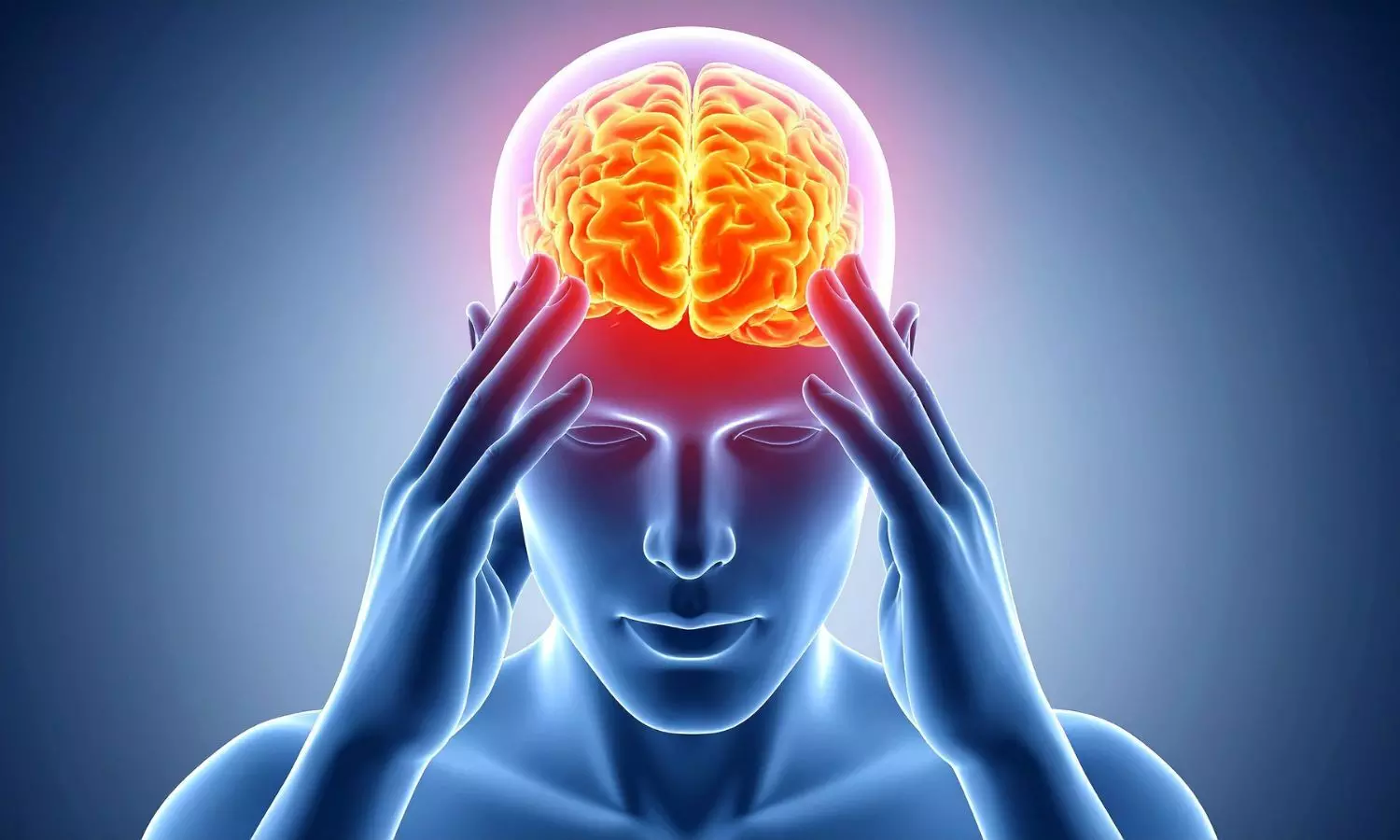Do You Know Brain Has 5 Big Life Stages? And Real Adulthood Starts at 32, Reveals New Study

Do you know that your brain doesn’t stop growing in childhood or teenage years? A new study from the University of Cambridge has found that the human brain passes through five major stages — from birth to 90 years. Surprisingly, the study says real adulthood starts only at 32.
Researchers analysed brain scans of nearly 4,000 people aged up to 90 and mapped how the brain’s wiring strengthens, weakens and rewires across life.
Lead author Dr Alexa Mousley explained: “The brain rewires across the lifespan. It keeps strengthening and weakening connections. It’s not a steady pattern — there are phases and fluctuations.”
The research, published in Nature Communications, identified these five life stages:
1. Childhood (Birth to 9 years)
The brain grows very fast, forming many new connections. But it also prunes the extra synapses made during infancy. This is a phase of rapid growth but less efficient thinking.
2. Adolescence (9 to 32 years)
At around age 9, a major shift happens — the biggest of all stages. Brain pathways become more efficient, and performance improves. This long “adolescent” period lasts till 32, when thinking skills peak. This is also the phase when mental health disorders often begin.
3. Adulthood (32 to 66 years)
From 32 onwards, the brain enters a more stable period. Changes are slower, and intelligence and personality reach a plateau. Researchers say many people recognise this “steady state” in their lives.
4. Early Ageing (66 to 83 years)
Another shift appears around 66. The brain stops working as one unified system and begins forming separate clusters. This is also the age when diseases like dementia and high blood pressure become more common.
5. Late Ageing (83+ years)
After 83, the changes seen at 66 become stronger. Networks weaken further, and brain regions function more independently. Experts say these age markers match major life events such as puberty, adulthood responsibilities and age-related health issues. Prof Duncan Astle said the wiring of the brain is strongly linked to attention, language, memory and behaviour. Prof Tara Spires-Jones called the research “a very cool study” showing how much brains change throughout life.


